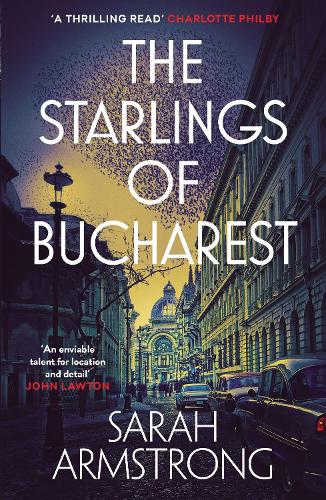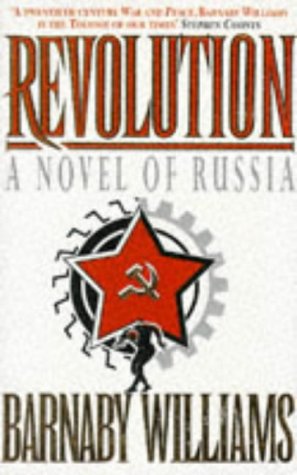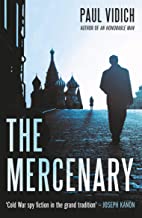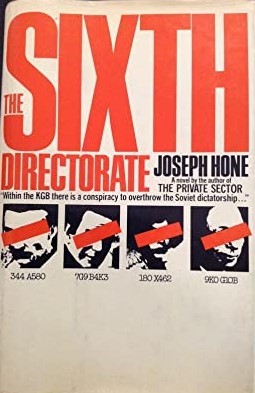
In Firesong, noted writer of espionage novels Joseph Hone (1937-2016) tries his hand at the sprawling epic; 700 pages following Prince and Princess Rumovsky, members of the St Petersburg nobility, in the tumultuous 14 years between New Year 1906 and Christmas 1920.
Firesong is then a ‘Russia in the time of revolution’ novel. Like others of this sub-genre —Barnaby William’s Revolution (1994), James Meek’s The People’s Act of Love (2005), Charlotte Hobson’s The Vanishing Futurist (2016)— Firesong sets up the pre-revolutionary life of its central characters and then explores the impact of revolution and civil war on the same.
The epic is not Russia in Fiction’s favourite genre. That said, there is plenty here to fascinate and to enlighten from the Russia-in-fiction perspective. Not least, we learnt stuff about Harbin.
Continue reading


